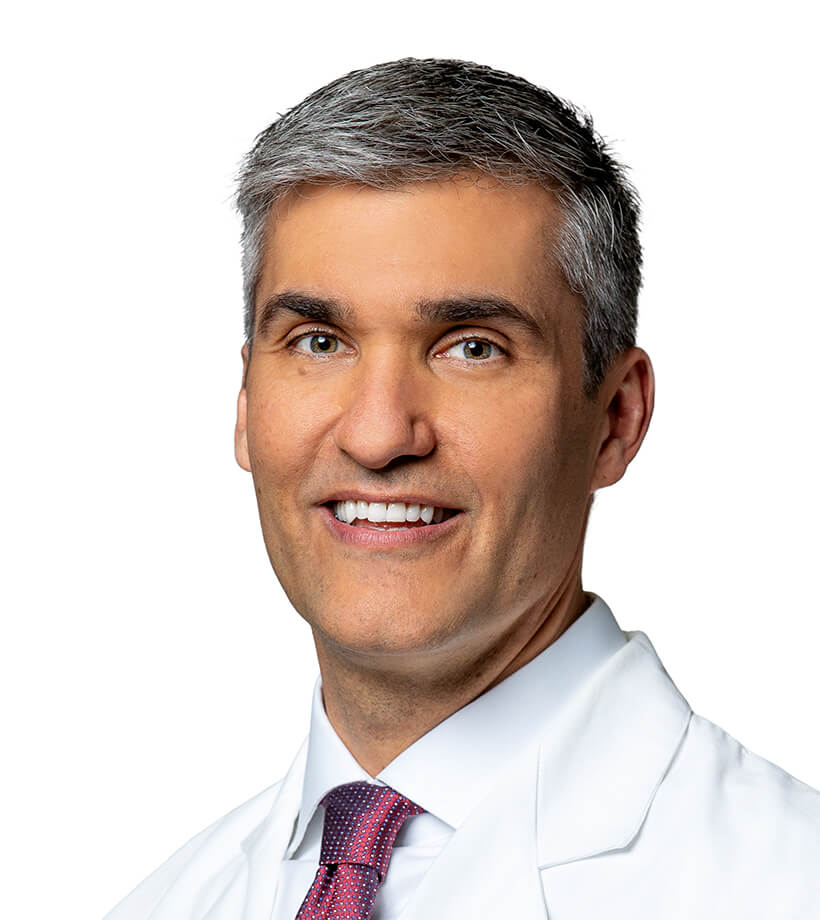Dr. Charles Wykoff Featured in ‘Retina Today’ Article About the Complement Pathway

The complement pathway, also referred to as the complement system, is a part of the innate immune system that enhances the strength of antibodies by increasing their ability to fight against pathogens. In recent years, it has become a particularly relevant point of research for retina specialists. Recently, Retina Consultants of Texas’s Dr. Charles Wykoff and Dr. Peter Kaiser of the Cleveland Clinic Cole Eye Institute sat down with Retina Today to discuss the complement pathway in its relation to treating retinal conditions such as age-related macular degeneration (AMD).
Highlights from Dr. Wykoff
On why it’s important for retina specialists to become more acquainted with the complement pathway
“It’s important that physicians understand the mechanisms of action of these therapies that are likely to be clinically available in a few years. However, while retina specialists are familiar with the mechanisms of action of anti-VEGF drugs and some of the nuances between VEGF-A, other VEGF family members, and the different VEGF receptors, the complement cascade is much more complicated.”
“We are developing new therapies within an incomplete body of knowledge. Nonetheless, it’s important that physicians understand the key molecules and mechanisms that we are targeting because these medicines will likely become relevant to clinical practice in the near future.”
On some of the most recent clinical trials involving the complete pathway and retinal care
“The ultimate goal is to prevent the development of GA before it begins, but for now, the molecules in late-stage development are all attempting to slow the progressive enlargement of areas of GA. One trial program, GATHER, involves avacincaptad (Zimura, Iveric Bio), an inhibitor of C5 cleavage. The first pivotal trial studying avacincaptad, GATHER1, was positive, and the ongoing phase 3 GATHER2 trial is anticipated to have data this year.”
“There are other ongoing trial programs as well, including programs aiming to inhibit the MAC, C1Q in the classical pathway, complement factor D (one of which is an oral formulation), and additional C3 inhibitors; finally there are programs aiming to increase the down-regulators of the pathway, including CFH and CFI.”
You can read the full article here.







